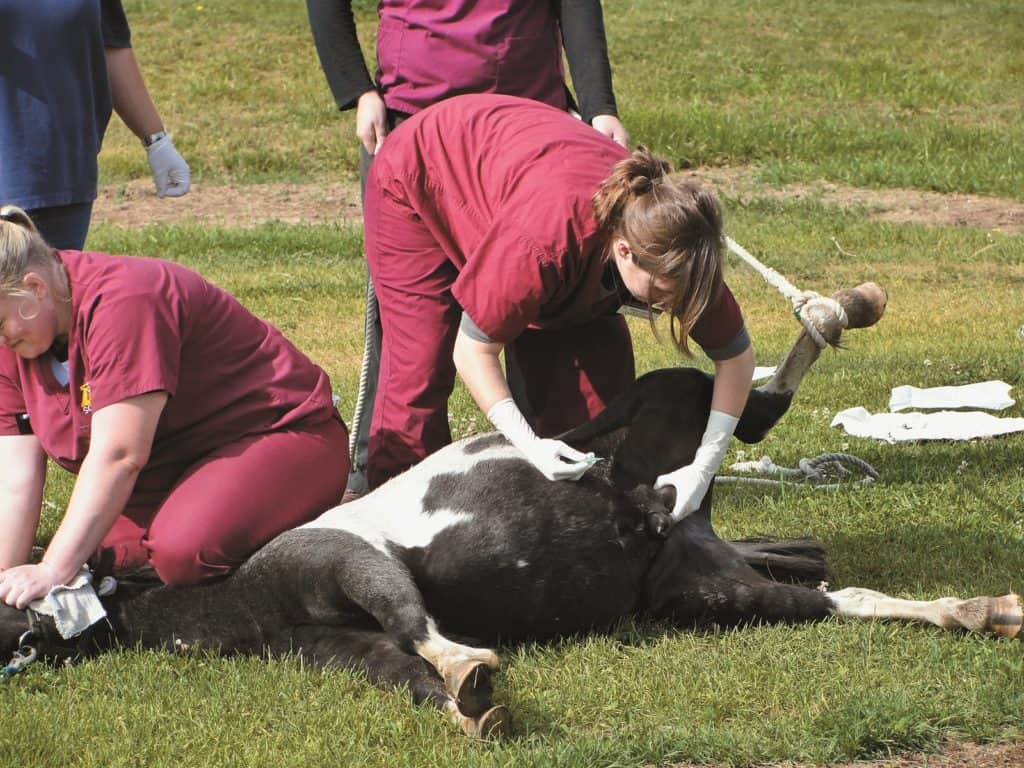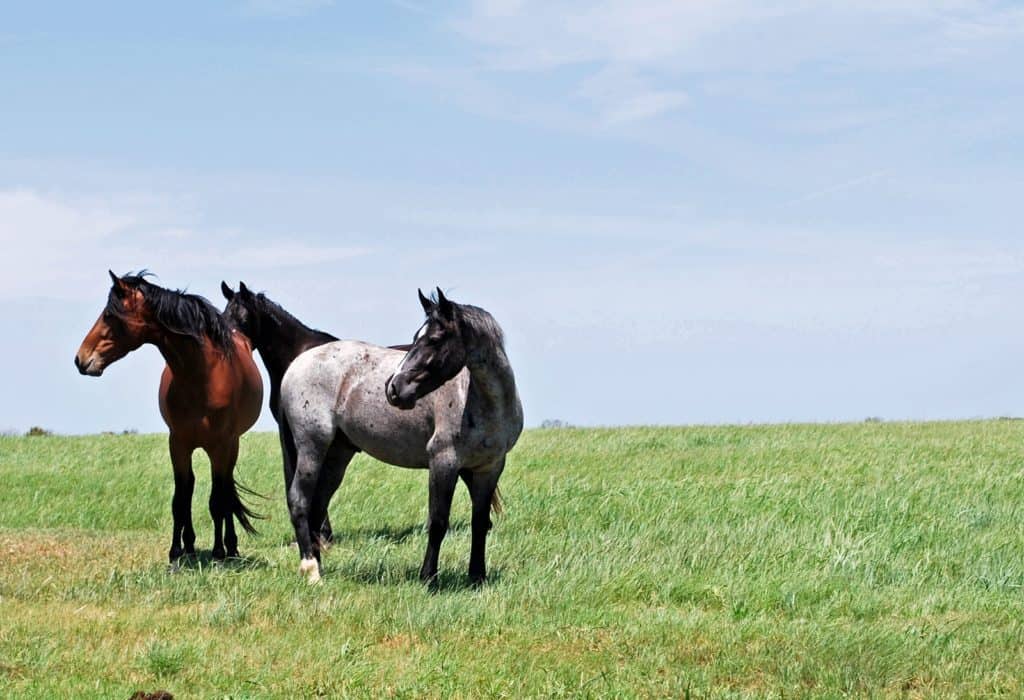
Foals Without Suckle-Swallow Reflex Need Nutritional Support (AAEP 2012)
Dysphagic foals require immediate, specialized care to ensure they begin life without a nutritional deficit.
News and issues for equine health professionals

Dysphagic foals require immediate, specialized care to ensure they begin life without a nutritional deficit.

Researchers examined ways to minimize gastrointestinal complications when treating EP with imidocarb.

Researchers have worked tirelessly to better understand the disorder, its causes, and how to best manage it.
Lauren Schnabel, DVM, Dipl. ACVS, has earned a grant to study stem cell treatments for horses.

With appropriate care and use, vets can mitigate some risks associated with intra-articular corticosteroids.

Achieving therapeutic drug levels sooner using a loading dose could minimize S. neurona-caused damage.

Ultrasound can be a valuable aid to practitioners when assessing the cause and severity of colic.

Non-weight-bearing lameness is one of the most common emergencies practitioners manage in the field.
EEI has helped increase land loss awareness by providing complimentary advertising and public announcements.
Rood & Riddle will serve as the organization’s “Official Equine Hospital and Veterinary Pharmacy.”

Researchers found that stallions can still lead productive lives as studs with only one testis.
The seminar will cover topics including radiography of the head, ocular pain management, and more.

Authorities are investigating the cause of the fire that left 11 horses dead and several others injured.

Dr. Stephen Reed recaps studies on endocrinology, neurologic and muscle disorders, foal health, and more.
Scheduled lecture topics include MRI and CT, ocular emergencies, foal care, and senior horse care and more.

One veterinarian provides insight on BLM wild horse and burro project and the challenges it faces.
Stay on top of the most recent Horse Health news with
"*" indicates required fields